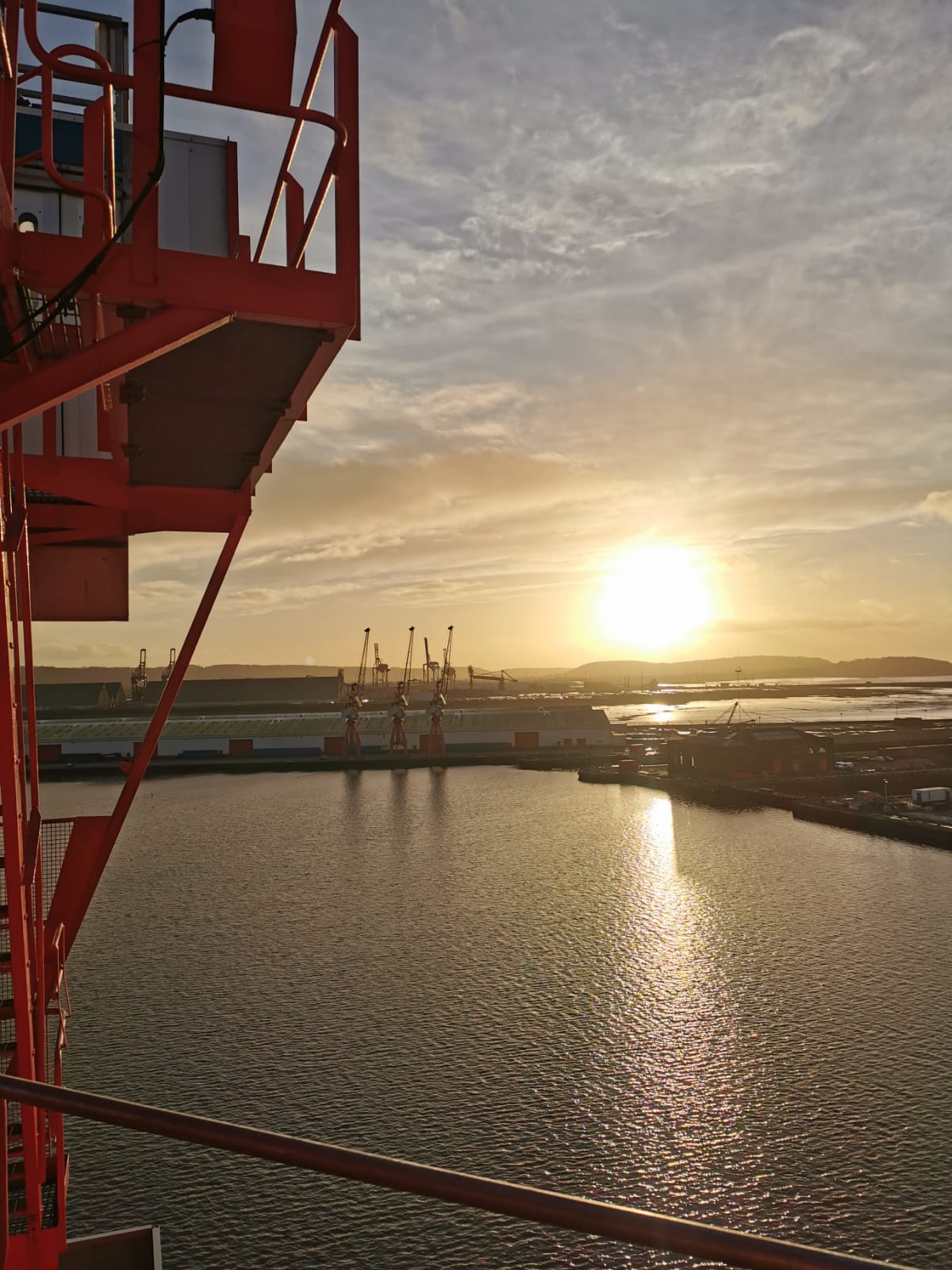The United Kingdom’s port crane industry has undergone significant transformations in recent years, reflecting the dynamic nature of global trade and technological advancements. As a crucial component of the maritime logistics chain, port cranes play a pivotal role in efficiently handling cargo and ensuring smooth operations in ports across the UK.
One of the key trends shaping the industry is the increasing demand for automation and digitalisation. Ports are adopting state-of-the-art technology to enhance productivity, reduce turnaround times, and minimise human error. Automated port cranes, including automated stacking cranes and automated guided vehicles, are becoming increasingly prevalent, revolutionising cargo handling processes. These innovations not only boost efficiency but also contribute to a safer working environment.
Moreover, sustainability is a growing concern in the industry. Many UK ports are investing in eco-friendly technologies to reduce their environmental impact. Electric and hybrid cranes, powered by renewable energy sources, are gaining popularity, aligning with the broader global efforts to combat climate change. This shift towards greener practices not only addresses environmental concerns but also positions the UK as a leader in sustainable port operations.
The industry is also witnessing the integration of advanced data analytics and Artificial Intelligence (AI) to optimize crane operations. Predictive maintenance, powered by AI algorithms, helps anticipate potential issues, reducing downtime and maintenance costs. Real-time data analytics further enhance decision-making processes, enabling port operators to adapt swiftly to changing demands and improve overall efficiency.
Furthermore, the UK port crane industry is adapting to accommodate the evolving landscape of container shipping. The increasing size of container vessels necessitates the deployment of larger and more sophisticated cranes. Larger cranes, with their extended outreach and lifting capacity, are becoming commonplace, ensuring that ports can handle the growing volumes of global trade.
In conclusion, the UK port crane industry is undergoing a transformative phase, driven by technological advancements, sustainability goals, and the changing dynamics of global trade. As the industry continues to evolve, it is poised to play a critical role in shaping the future of maritime logistics and trade in the United Kingdom.

